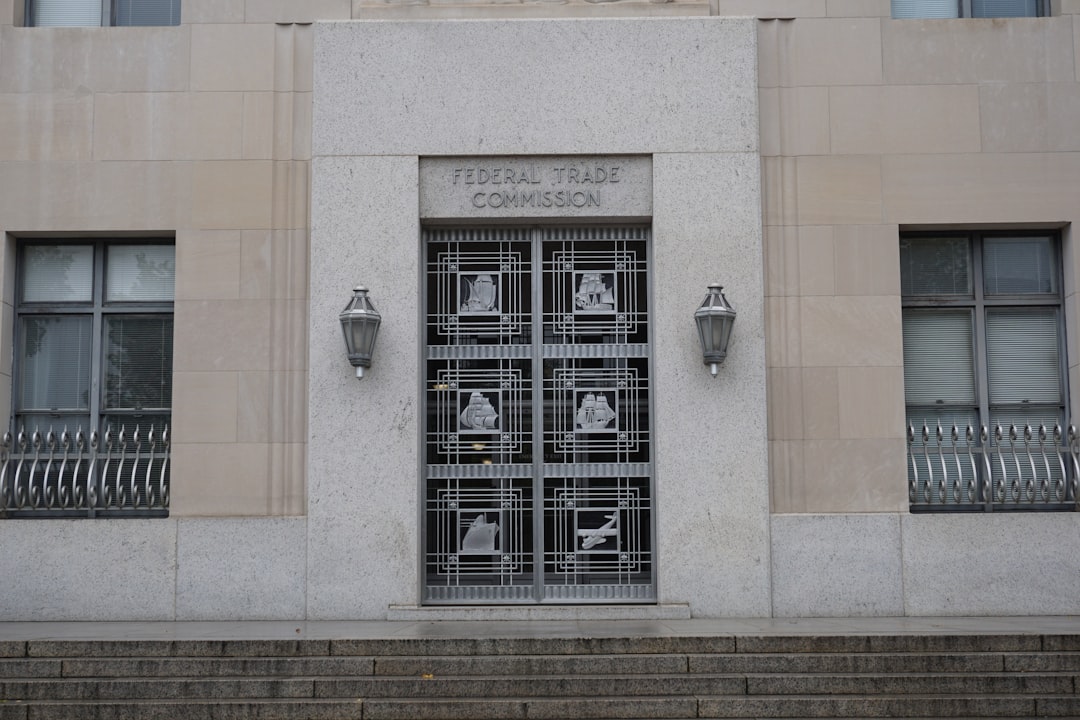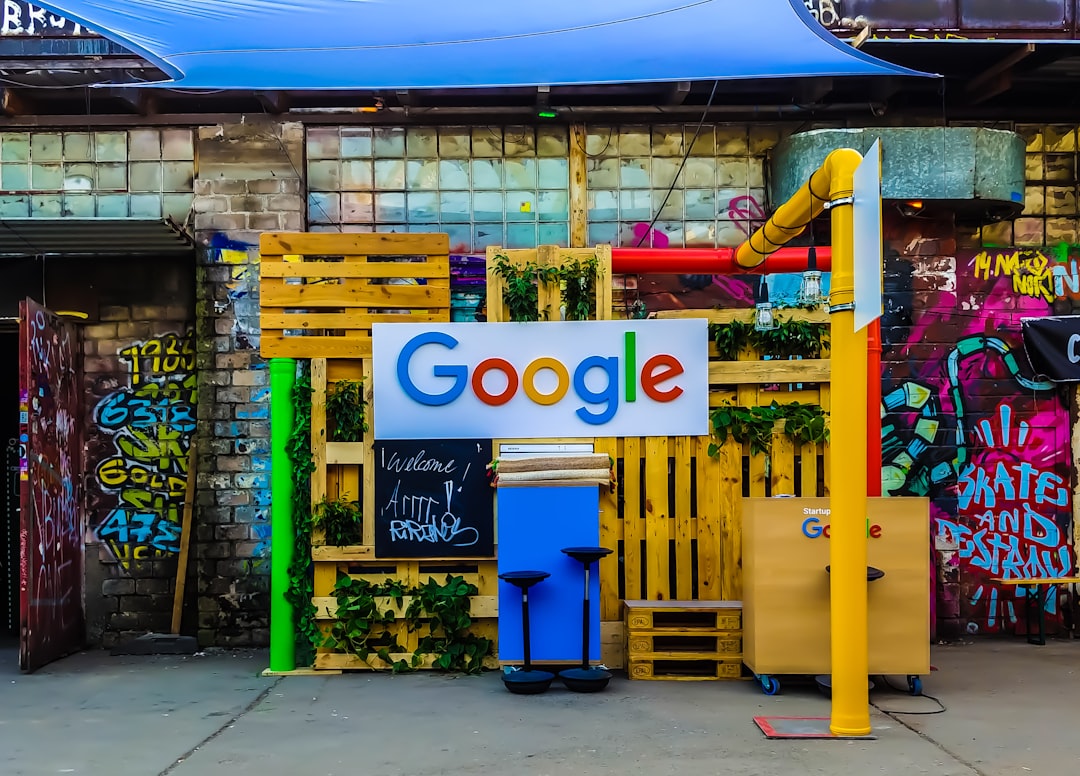Streaming Has 99 Problems, But Regulators Ain't One.
Calls for an FTC probe have little potential.

Yesterday, Pitchfork ran an article on a new study urging that the Federal Trade Commission should use its powers of subpoena to investigate music streaming, specifically the deals between labels and DSPs.
The original white paper, “Streaming in the Dark,” advocates for the FTC, along with the Department of Justice, to compel music companies to reveal details of the streaming economy, including “industry consolidation and the potential unwinding of past mergers, how non-cash compensation or ‘payola’ provided by streaming companies like Spotify affects artist payments, and the effect of nondisclosure agreements in artist contracts on artists and fans alike,” as well as potential anticompetitive and privacy risks. The assumption is that the seemingly low payouts that artists receive from streaming platforms are a result of “structural problems” only known to a few c-suite execs who have no incentive to fix the problems.
It all adds up to what Donald Rumsfeld said regarding the Iraq invasion:
“There are known knowns. These are things we know that we know. There are known unknowns. That is to say, there are things that we know we don't know. But there are also unknown unknowns. There are things we don't know we don't know.”
What we do know is that such investigations, even if they were to happen, have little history of making meaningful change, even if it is revealed that the music biz is a Frankenstein monster assembled from decades of pre-digital music biz scarcity model being shoe-horned into a limitless delivery mechanism that just so happens to drown a little girl (in this metaphor, the little girl is a stand-in for most musicians).
The parallel is more apt when you consider that in Mary Shelley’s original 1818 book, the monster does not drown a little girl, but actually saves a little girl from drowning (like Spotify “saved” music from piracy), only to be assaulted by the villagefolk who assume its bad intentions.
Either way, the pitchforks eventually come out.

In the case of streaming, Spotify has become a Golem to heap scorn upon while its makers profit unscathed. The goal for music industry executives has always been to control pricing on all sides, including distribution. If you own the product and can “squeeze” distribution, you maximize gains. The industry lost control of distribution when MP3s emerged and the value of its product plummeted.
Since streaming’s rise in the last decade, the industry has wrestled back control of distribution thanks to complex licensing and rights deals. The results can be seen in the jaw-dropping revenues being fed from DSPs to labels across the board. What hasn't changed with it is the perception, at least (the reality is complicated), that artists are continuing to drown.
The villianization of Spotify functions in much the same way that Ticketmaster has long stood as the faceless corporate behemoth blamed for high ticket prices while everyone else in the live music industry fed on the fees.
This, of course, leads us to the ongoing investigations and public hearings that have centered on Ticketmaster in recent months. The latest in that saga now sees the industry’s biggest initials — UMG, CAA, WME — converging around support for Live Nation’s proposed Fair Ticketing Act, which passes the blame for a dysfunctional ticketing market onto third-party scalpers and bots.
This is not entirely unfair. Ticketmaster may be the biggest, and therefore, the most obvious target. But there’s no denying that scalpers contribute the least (ie- nothing) to the concert industry. If the industry bigwigs can secure that bag via their own resale markets, then perhaps there will be some incentive to hand part of the loot back to consumers.
But as Billboard pointed out last week, the law of supply and demand dictates that no matter how you shuffle the deck, the costs of a product will eventually come down to what consumers are willing to pay. The monster is, after all, entirely made from pieces of us.
But back to streaming. Could there really be a heretofore unknown flow of money that, by legal standards, should end up in the artists’ hands? And could the Federal employees be the ones to find it?
UK regulators spent a large part of 2022 investigating fairness in music streaming and found nothing rotten in the state of Denmark, er…Great Britain, despite artists insisting otherwise.
But we have every faith in the United State Government and its regulatory commissions to fix this. Same as they did when they couldn’t get their disappointed kids tickets to Taylor Swift. Go ahead FTC… go get em!
Despite what you just read, we do believe that positive action can be taken on a smaller scale. Help stop the increased cost of U.S. visas for foreign musicians.
Click below to submit a formal comment to the Department of Homeland Security.
Comments close this Monday, so do it now.
TAKEAWAYS
Salient statements from this week’s music news.
1. The Case for Music.gov
Two years old, but still a thought-provoking alternative that will never ever ever happen.
Takeaway: It would be cleaner and simpler for the U.S. government to simply buy Spotify outright and convert it into a public service.
2. How Google's AI Now Reveals What Producers Sampled
The days of sneaky samples appear to be numbered.
Takeaway: What's next after audio fingerprinting systems like YouTube's Content ID have already proven to be quite effective when it comes to detecting copyrighted material? The difference is that this new method puts control into the hands of anyone looking for certain samples, as opposed to relying on a fingerprinting system fully controlled by a tech giant.

3. Apple Will Launch Its Standalone Classical Music App on March 28th
With deeper search and metadata functions designed specifically for composer-based music, we’d love to see the app be the first of many niche-specific streaming offerings.
Takeaway: Going the extra mile to appeal to classical fans could help differentiate Apple Music as the company continues trying to chip away at Spotify’s lead in subscription music.




